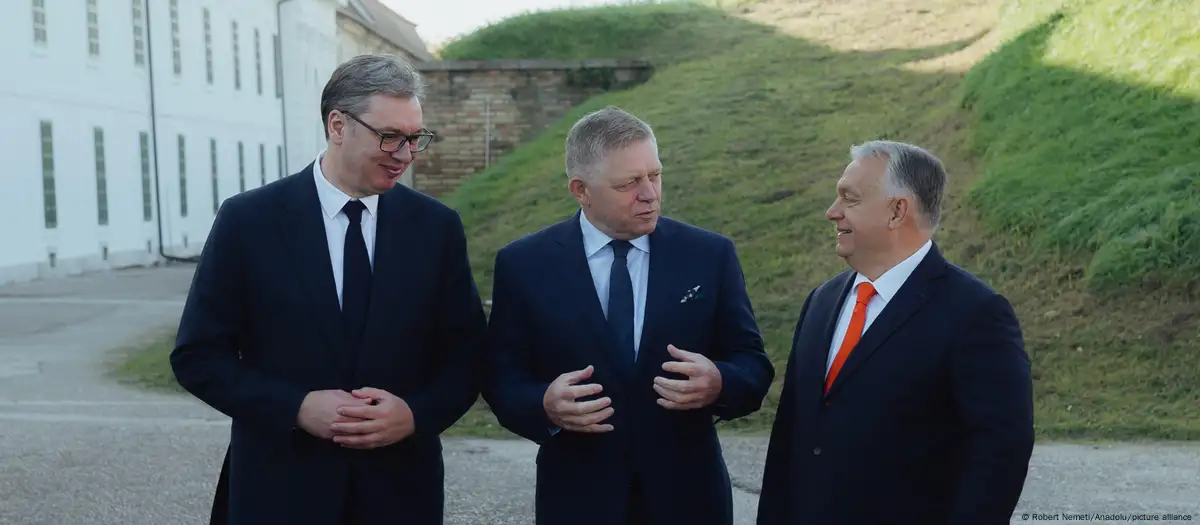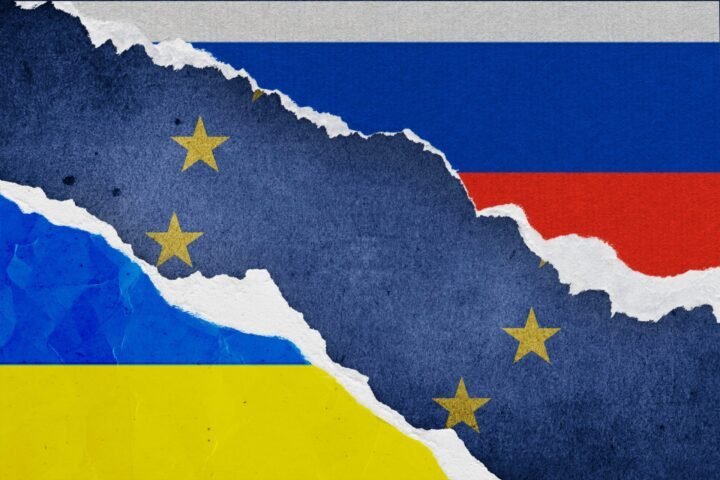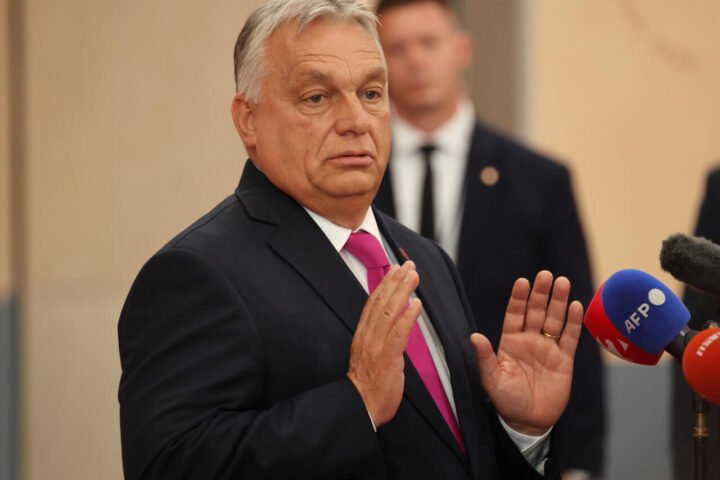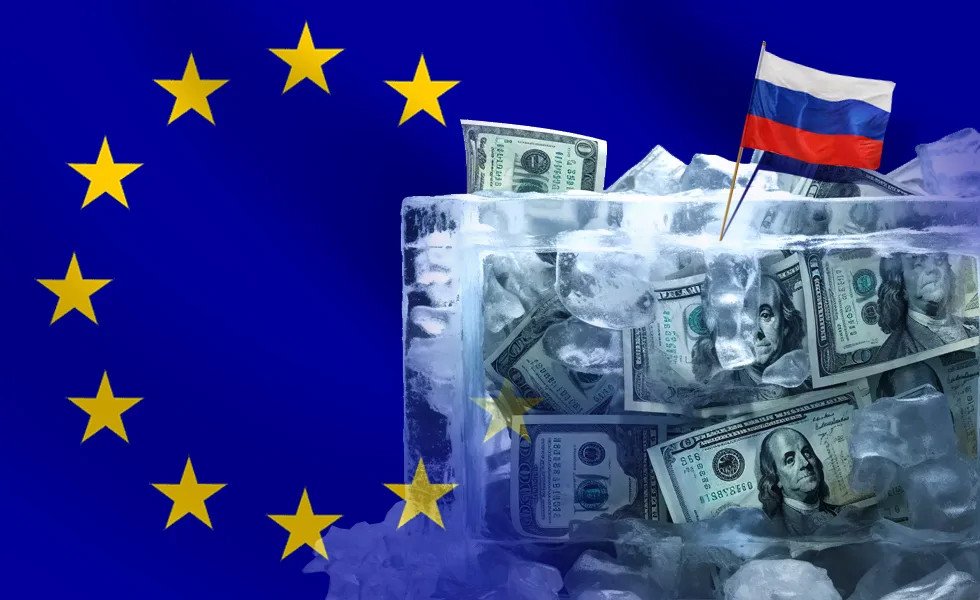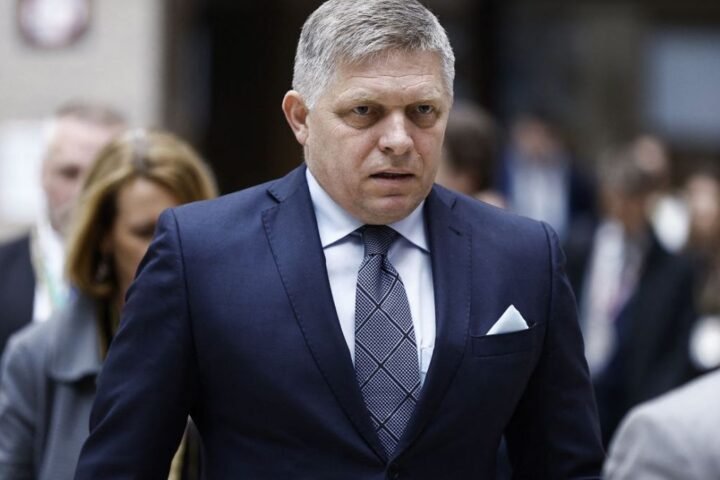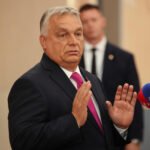Faced with political challenges at home and emboldened by President Trump’s dismantling of USAID, the illiberal governments of Hungary, Serbia and Slovakia are cracking down on civil society organizations.
Delighted by Donald Trump’s broadside against the US Agency for International Development (USAID), Hungarian Prime Minister Viktor Orban announced in late February that he wants to rid his country by Easter of “pseudo-civil public organizations [that] serve foreign interests.”
This is not by any means a new development: Illiberal governments across Central and Eastern Europe have long been targeting civil society.
Since the start of the year, however, the governments of Hungary, Serbia and Slovakia have stepped up their efforts in this respect, spying an opportunity presented by Trump’s chaotic agenda to distract from — and possibly even dismantle — domestic political challenges.
Orban has for years been accusing Hungarian civil society organizations of being controlled by foreign interests and has probed their funding sources and operations.

Slovak Prime Minister Robert Fico and Serbian President Aleksandar Vucic have employed similar tactics in their respective countries.
Russia and the US
Critics say that such actions are inspired by Russian President Vladimir Putin. Not surprisingly, perhaps, all three leaders are pro-Russian.
Nevertheless, Donald Trump’s reelection as US president — and, more specifically, his vilification and destruction of USAID — has boosted their ambitions.
“With Donald Trump taking office and US funding for foreign aid frozen, Orban likely feels that all external obstacles have now been removed,” noted Robert Laszlo of Budapest’s Political Capital Institute.
Hungary probes NGOs and media
Since its establishment last year, Hungary’s Sovereignty Protection Office (SPO) has been probing numerous NGOs and media outlets.
It announced on March 6 that it had uncovered an “extensive international network” piping funds to organizations tasked with influencing public opinion on migration, war and gender politics.
The LGBTQ+ community has long been a target for political parties seeking support from reactionary and extremist voters, and the Budapest Pride march is one of the SPO’s targets.
“Orban always said that he hadn’t touched Pride because of the support given to it by the former US ambassador in Budapest,” Mate Hegedus, a spokesperson for Budapest Pride.

Now, however, Budapest aims to ban the march, which has taken place annually for 30 years.
About a year out from Hungary’s general election, Orban is grappling with his strongest political rival in 15 years, Peter Magyar.
Magyar is leader of the newly-formed Tisza party, which is neck and neck in polls with Orban’s ruling Fidesz. He has called the bid to ban Budapest Pride a “smokescreen.”
“Our best guess as to why this is happening now is the challenge posed by Tisza,” said Hegedus. “The government sees the far right as the best source of expanded support.”
‘Foreign agents’
Seven years ago, Orban introduced a law requiring NGOs in Hungary that receive funding from abroad to register as “foreign agents.”
Fico is seeking to push through similar legislation in Slovakia. Earlier this year he claimed that Ukrainian and Georgian covert operations were using NGOs and media to try to engineer a coup.
He has now demanded a detailed list of all state funding given to civil organizations and dredged up a case from over a decade ago linked to the family of Michal Simecka, leader of the opposition Progressive Slovakia party, heavily hinting that corruption was involved.

Meanwhile, late last month, Serbian police raided several NGOs on suspicion of misuse of funds and money laundering. One democracy watchdog that was targeted in the raid called the move “a senseless demonstration of the authoritarian regime’s muscles.”
Turbocharged by Trump
Trump’s clampdown on USAID has clearly turbocharged the assault on civil society in these three countries, say analysts.
The majority of the organizations targeted by the Serbian authorities has received funds from Washington, and Belgrade has confirmed that it has asked the US authorities for details.
Slovakia’s Fico made a similar request when he met US Vice President JD Vance last month before issuing his order to probe all NGO funding.
Trump’s actions also offer an opportunity to mask or deal with political challenges.
“These governments are seeing the loss of external constraint from the US as they face domestic challenges,” Daniel Hegedus, an expert on Central and Eastern Europe at the German Marshall Fund, suggested to DW.
Huge protests in Slovakia and Serbia
Both Belgrade and Bratislava have seen massive anti-government protests in recent weeks.
Around 100,000 protested across Slovakia last month against Fico’s pro-Russian agenda and illiberal policies. These protests, coupled with a long-running coalition crisis, mean that he is desperately maneuvering to shore up a razor-thin majority and resisting calls from Simecka, whose party leads the polls, for early elections.
Just like Fico, Serbia’s Vucic has insisted that demonstrations in his country are the work of foreign-funded provocateurs.
Sparked by the collapse of a canopy at the entrance to Novi Sad railway station last November that killed 15 people, Serbia’s huge student-led protests have morphed into a call for the president to quit.
Vucic remains defiant despite the resignation of his prime minister and last week’s scenes of total chaos in parliament.
The situation is tricky for Vucic and Fico because the protests have little contact with rival political forces, which often prove relatively easy to tackle.
“The student protests in Serbia are still very popular around the country as they’ve been careful to avoid contact with the opposition,” says Milan Nic, a senior research fellow at the German Council on Foreign Relations. “In Slovakia there’s little central organization.”
‘Real repression’ possible
Already reeling from the impact of the huge funding cut resulting from the USAID freeze, it is unclear where civil society organizations and independent media across Central and Eastern Europe go from here.

The EU could offer some protection, as it did in 2021 when it forced Hungary to repeal its foreign agents law. Indeed, Brussels is trying the same tactic regarding Hungary’s SPO and is also pushing Serbian lawmakers to reject similar legislation. However, analysts worry that the political will for a stronger response may be lacking.
Trump’s spearing of USAID has set a powerful example for all political elites who would like to mute criticism, and civil society is now also coming under pressure in Germany and the EU as the bloc’s institutions consider the context of EU funding for civil society organizations.
Fico’s precarious political position means he is likely to “struggle to capitalize” on the opportunity created by Trump, says Daniel Hegedus. “However, we could see real repression in Hungary as next April’s elections approach,” he warns, “and that’s already in play in Serbia.”
For many, however, a return to the past is not an option: “Going back into the closet is not possible for the LGBTQ+ community,” says Mate Hegedus of Budapest Pride. “They want to hide us from the public, but we intend to march freely on June 28.”
